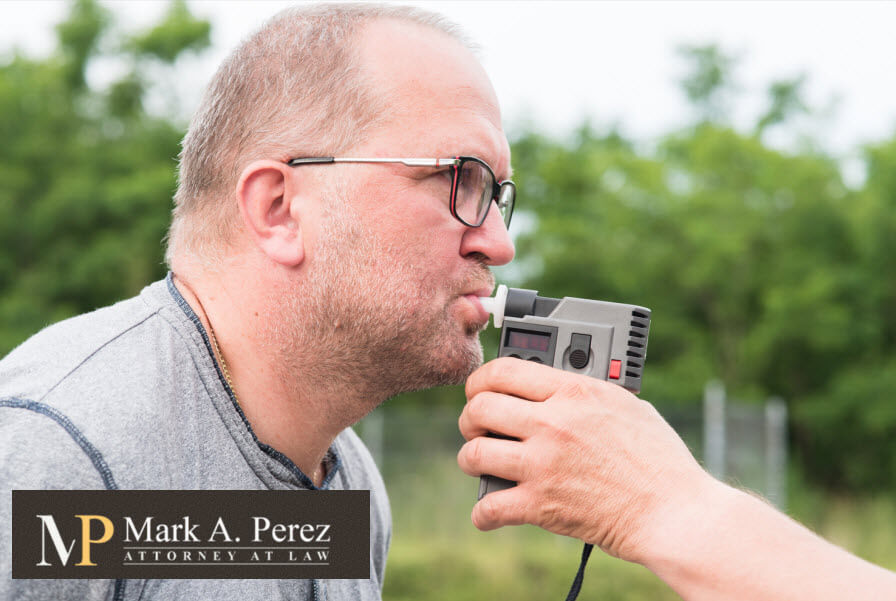Many people make the assumption that the legal limit for blood alcohol concentration (BAC) is all that matters when it comes to DWI charges. For most drivers, that limit is a BAC of 0.08%. People assume that it is a hard line and if you reach it or pass it, you’ll get a DUI, but if you stay under it, you won’t.
This is a much too simplistic way to look at the DWI laws. It’s very important to understand that you can certainly get arrested even if you’re under the legal limit. It does not protect you from being charged and you can certainly be convicted even with a breath test showing that your BAC was 0.07%.

Where you impaired?
What matters isn’t the reading on the breath test. It matters whether or not you were too impaired to drive your car. If the police can show that you were, your blood alcohol concentration doesn’t necessarily counter that. They can still seek charges. You can certainly defend yourself against these charges and claim you weren’t impaired. The breath test itself isn’t going to be your only defense.
For instance, perhaps the officer made you do field sobriety tests. You failed the tests and the officer had you on dashcam swerving all over the road. You may have blown a 0.07% on the breath test, but the officer can you still use this other evidence to argue that you were clearly impaired. That can lead to charges at any BAC level.
Then what is the point of the legal limit?
The goal of having a legal limit is simply that those who meet or exceed it are presumed to be impaired. The courts can use the breath test even if they have no other evidence of impairment. The driver can argue that they weren’t impaired, but the breath test can be used as evidence that they were.
In other words, the breath test can certainly work against you in court if you were over the legal limit. However, it doesn’t necessarily work for you if you were under that limit. It does stop you from being presumed to be impaired, and that changes the case so that you have to consider other evidence. In a situation like this, be sure you understand all of your criminal defense options.

